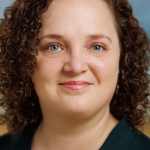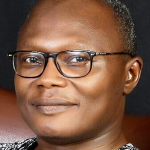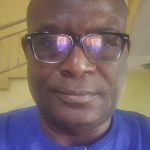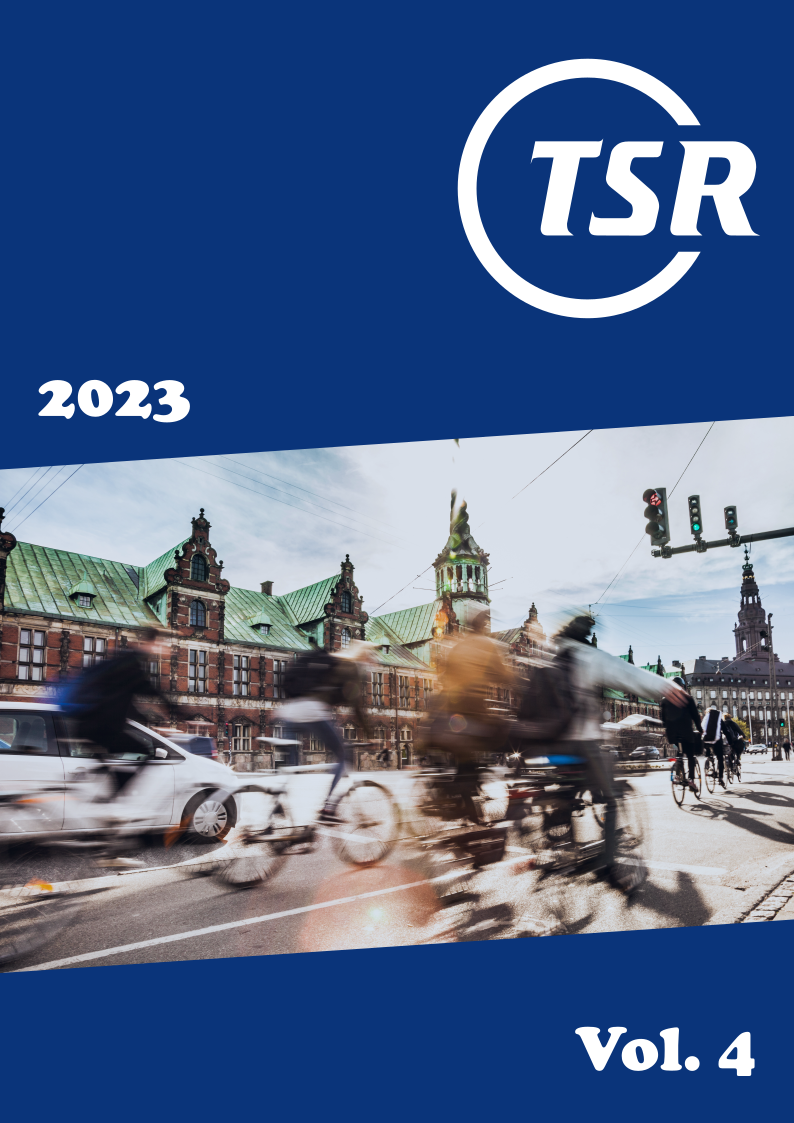Geospatial analysis of mortality risk from road traffic crashes in Federal Capital Territory, Nigeria
DOI:
https://doi.org/10.55329/zpni5260Keywords:
Abuja, cluster analysis, GIS, hotspot, road traffic injury, trauma registryAbstract
The objective of the study was to present a novel analytical approach using Nigerian trauma registry data to determine risks and of road traffic crash-related mortality for patients treated at National Trauma Centre, Abuja. Patient characteristics were compared between those who died at the hospital (n = 118) and those who survived (n = 2018). Multiple logistic regression and cluster analyses were used to identify risks of mortality and of high mortality and injury rates. The patient’s status as pedestrian (p < .0001), and whether the crash occurred on an expressway or transition zone between expressways and local roads (p = 0.0045) were significantly associated with mortality. Cluster analysis further isolated significant of mortality rate (Moran’s I = 0.31), pedestrian injury rate (Moran’s I = 0.34), and expressway/transition zone injury rate (Moran’s I = 0.18). For patients who survived to hospitalization at National Hospital Abuja, pedestrians involved in a crash and those whose crashes occurred on expressways/transition zones were at higher risk of mortality. High mortality and pedestrian and expressway/transition zone injury rates isolated to five contiguous administrative wards in Abuja. These analysis methods can be applied to determine risks and hotspots of crashes, injuries, and mortality in various settings.
Downloads
References
Ahmadi, M., A. Valinejadi, A. Goodarzi, A. Safari, M. Hemmat, H. A. Majdabadi, A. Mohammadi (2017), 'Geographic information system (GIS) capabilities in traffic accident information management: a qualitative approach', Electronic Physician, 9(6). DOI: https://doi.org/10.19082/4533
Aluko, O. O. (2018), 'Road traffic accident characteristics in Nigeria: A six years review', Global Scientific Journals, 6(5), 111–116.
Atubi, A., K. Gbadamosi (2015), 'Global positioning and socio-economic impact of road traffic accidents in Nigeria: Matters arising', American International Journal of Contemporary Research, 5(5).
Bayomi, A., M. Shawky, A. Osama (2022), 'Investigating pedestrian safety-related behavior in developing countries: Egypt as a case study', Traffic Safety Research, 3, 000016. DOI: https://doi.org/10.55329/htwx5986
Brennan, I., J. Shepherd (2012), 'Integrating emergency department and police data to locate and prevent violence: The Cardiff model', Geography & Public Safety, 3(2), 3–5.
Buor, D. (2018), 'Examining patterns of injury occurrence in rural and urban settings in sub-Saharan Africa: A critical review of the literature', Advances in Social Sciences Research Journal, 5(12). DOI: https://doi.org/10.14738/assrj.512.5567
Cassidy, L. D., O. Olaomi, A. Ertl, E. A. Ameh (2016), 'Collaborative Development and Results of a Nigerian Trauma Registry', Journal of Registry Management, 43(1), 23–28.
CDC, (2013), 'CDC Global Health - Nigeria', Centers for Disease Control and Prevention.
DESA, (2017), 'World Population Prospects 2017', United Nations, Department of Economic and Social Affairs, Population Division.
FRSC, (2018), 'Publications', Federal Road Safety Corps, Federal Public of Nigeria.
Harper, S. (2014), 'Economic and social implications of aging societies', Science, 346, 587–591. DOI: https://doi.org/10.1126/science.1254405
Holmes, B. D. (2019), 'Road traffic crashes in Federal Capital Territory, Nigeria: Explanatory factors in statistical, geospatial, and qualitative analyses. The Medical College of Wisconsin', PhD thesis, The Medical College of Wisconsin.
Holmes, B. D., K. Haglund, E. A. Ameh, O. O. Olaomi, U. Uthman, L. D. Cassidy (2020), 'Understanding Etiologies of Road Traffiffic Crashes, Injuries, and Death for Patients at National Hospital Abuja: A Qualitative Content Analysis Using Haddon's Matrix', The Qualitative Report, 25(4). DOI: https://doi.org/10.46743/2160-3715/2020.4152
INEC, (2023), 'Independent Electoral Commission'.
Kazeem, Y. (2015), 'In 35 years, Nigeria could be the automotive capital of Africa'.
Korter, G. O., O. E. Olubusoye, M. A. Salisu (2013), 'Spatio-temporal analysis of characteristics and causes of road traffic crashes in Oyo state of Nigeria', Nigerian Health Journal, 13(4), 166–181. DOI: https://doi.org/10.5539/jsd.v7n4p151
Labinjo, M., C. Juillard, O. C. Kobusingye, A. A. Hyder (2009), 'The burden of road traffic injuries in Nigeria: results of a population-based survey', Injury Prevention, 15(3), 157–162. DOI: https://doi.org/10.1136/ip.2008.020255
Marquez, P. V., J. L. Farrington (2013), 'The Challenge of Non-Communicable Diseases and Road Traffic Injuries in Sub-Saharan Africa: An Overview', World Bank.
Mathers, C. D., D. Loncar (2006), 'Projections of Global Mortality and Burden of Disease from 2002 to 2030', PLOS Medicine, 3(11), e442. DOI: https://doi.org/10.1371/journal.pmed.0030442
NBS, (2017), 'Road Transport Data', National Bureau of Statistics.
Onyemaechi, N. O. C., U. R. Ofoma (2016), 'The public health threat of road traffic accidents in Nigeria: A call to action', Annals of Medical and Health Sciences Research, 6(4), 199–204. DOI: https://doi.org/10.4103/amhsr.amhsr_452_15
PwC, (2016), 'Africa's Next Automotive Hub', PwC Nigeria Automotive Industry.
Solagberu, B. A., R. A. Balogun, I. A. Mustafa, N. A. Ibrahim, M. A. Oludara, A. O. Ajani, O. E. Idowu, R. I. Osuoji (2015), 'Pedestrian injuries in the most densely populated city in Nigeria—an epidemic calling for control', Traffic Injury Prevention, 16(2), 184–189. DOI: https://doi.org/10.1080/15389588.2014.921817
Solagberu, B. A., C. K. P. Ofoegbu, L. O. Abdur-Rahman, A. O. Adekanye, U. S. Udoffa, J. Taiwo (2009), 'Pre-hospital care in Nigeria: a country without emergency medical services', Nigerian Journal of Clinical Practice, 12(1), 29–33.
Stevens, F. R., A. E. Gaughan, C. Linard, A. J. Tatem (2015), 'Disaggregating census data for population mapping using random forests with remotely-sensed and ancillary data', PLOS ONE, 10(2). DOI: https://doi.org/10.1371/journal.pone.0107042
Sundet, M., J. Grudziak, A. Charles, L. Banza, C. Varela, S. Young (2018), 'Paediatric road traffic injuries in Lilongwe, Malawi: an analysis of 4776 consecutive cases', Tropical Doctor, 48(4), 316–322. DOI: https://doi.org/10.1177/0049475518790893
Sydhagen, K., P. Cunningham (2007), 'Human Resource Development in Sub-Saharan Africa', Human Resource Development International, 10(2), 121–135. DOI: https://doi.org/10.1080/13678860701347156
Whitaker, J., N. O'Donohoe, M. Denning, D. Poenaru, E. Guadagno, A. J. Leather, J. I. Davies (2021), 'Assessing trauma care systems in low-income and middle-income countries: a systematic review and evidence synthesis mapping the three delays framework to injury health system assessments', BMJ Global Health, 6(5), e004324. DOI: https://doi.org/10.1136/bmjgh-2020-004324
WHO, (2018), 'Global status report on road safety 2018', World Health Organization.
WHO, (2015), 'Health in 2015: from MDGs, Millennium Development Goals to SDGs, Sustainable Development Goals', World Health Organization. DOI: https://doi.org/10.52439/KPEH5007
WorldPop, (2018), 'Nigeria 100m Population'.
Yannis, G., D. Nikolaou, A. Laiou, Y. A. Stürmer, I. Buttler, D. Jankowska-Karpa (2020), 'Vulnerable road users: Cross-cultural perspectives on performance and attitudes', IATSS Research, 44(3), 220–229. DOI: https://doi.org/10.1016/j.iatssr.2020.08.006
Published
How to Cite
Issue
Section
License
Copyright (c) 2023 Benjamin D. Holmes, Yuhong Zhou, Ruta Brazauskas, Kirsten M. Beyer, Emmanuel A. Ameh, Oluwole O. Olaomi, Laura D. Cassidy

This work is licensed under a Creative Commons Attribution 4.0 International License.














